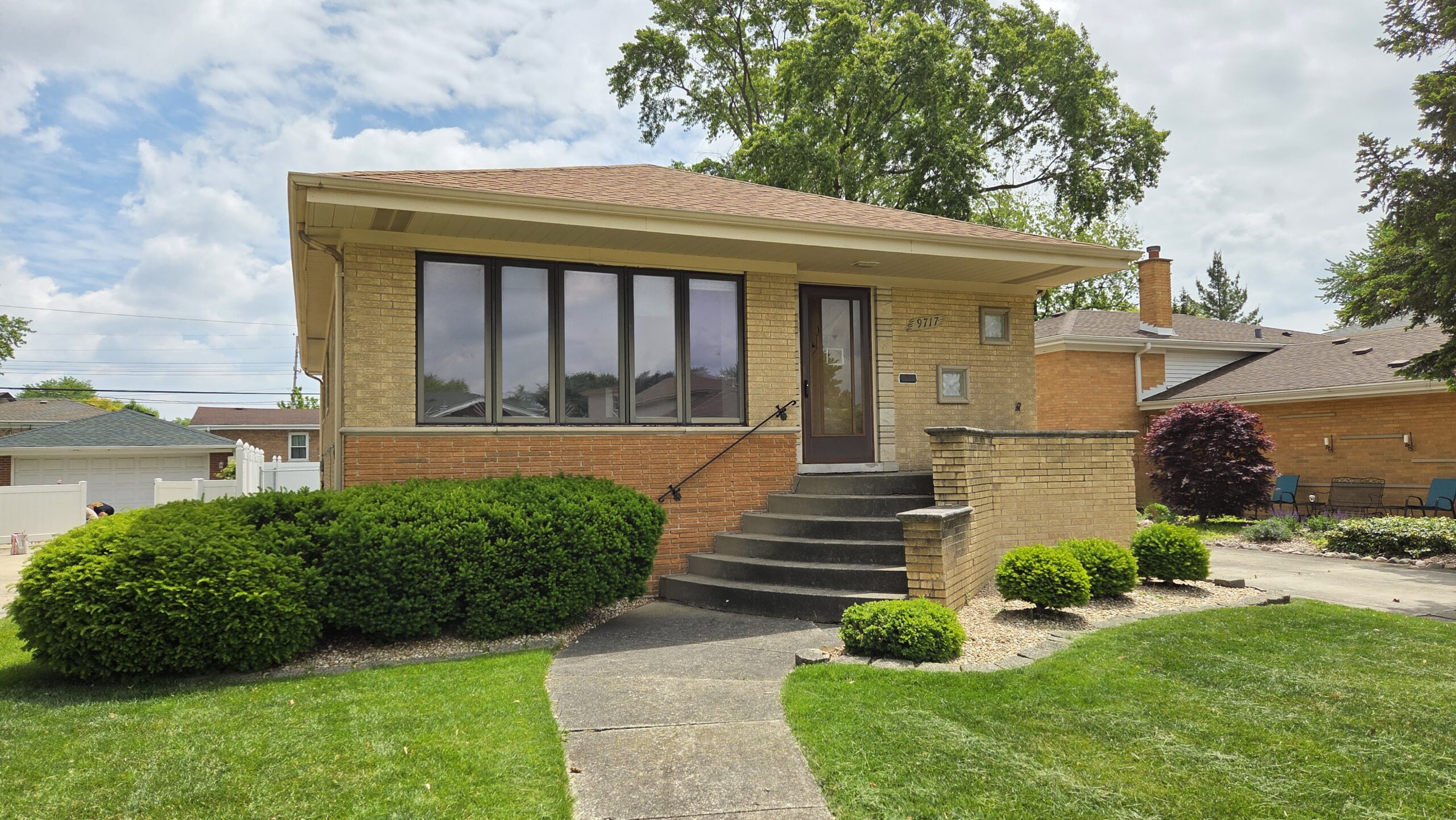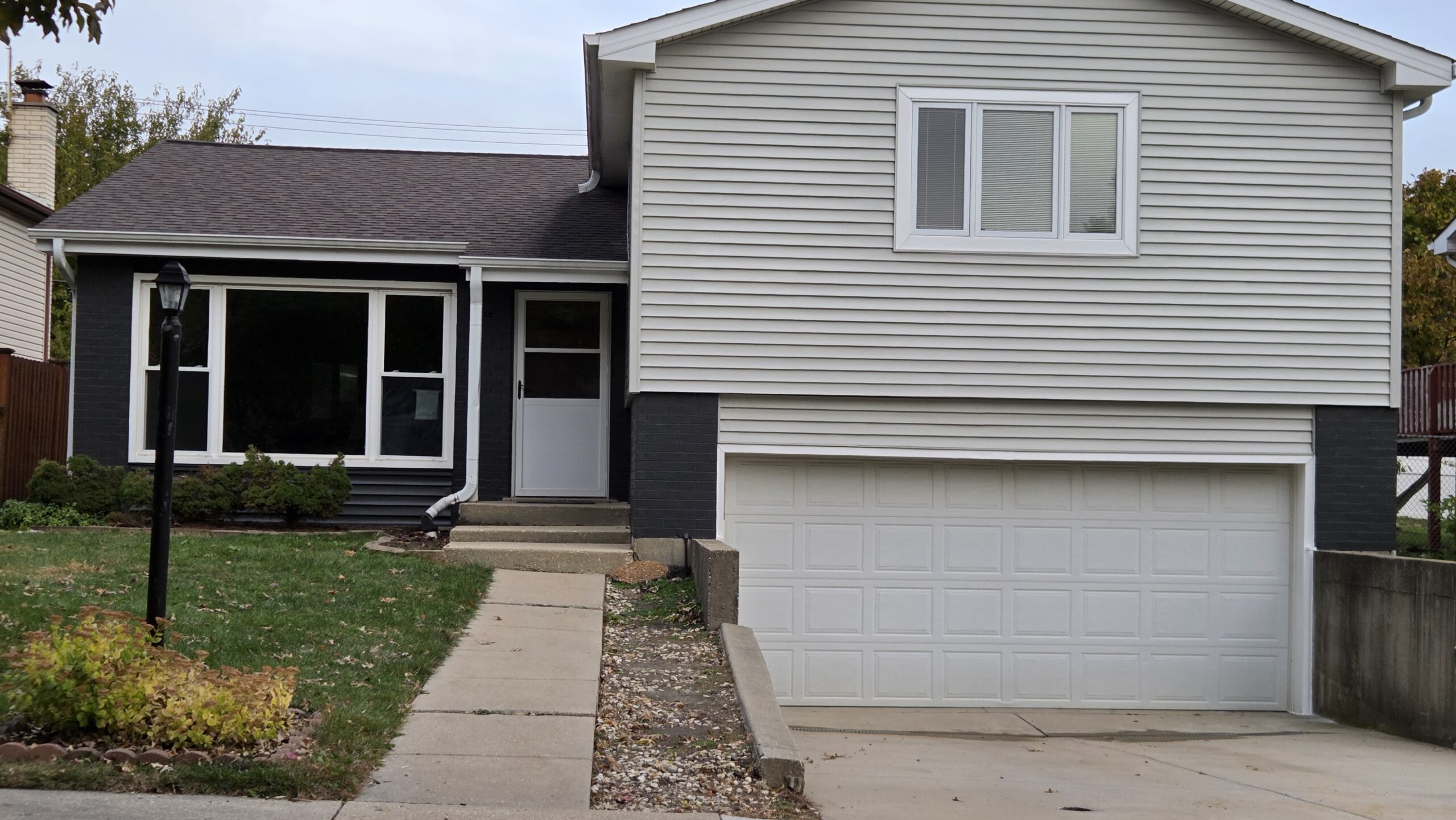
It’s time to navigate to a new city to reinvent your daily rhythms—but it also comes with real stakes. Whether you’re relocating for work, lifestyle, or a much-needed reset, the quality of your planning will shape how easily you land on your feet. There’s no universal playbook, but focusing on a few high-impact areas makes a major difference. Here’s how to line things up for a confident move that doesn’t leave you second-guessing.
Know Your Numbers, Then Double-Check Them
Before anything else, anchor yourself in financial reality. Compare the new city’s housing prices, transportation costs, taxes, and salary benchmarks to what you’re used to. It’s not just about rent—it’s about grocery bills, health care, insurance, and those little surprises that sneak in monthly. Weighing the cost of living and job prospects isn’t optional; it’s the entire premise of whether your move is sustainable. If the numbers don’t pencil out, it’s better to rethink than to regret.
Learn the Pulse of the Place Before You Commit
A neighborhood can feel totally different to navigate depending on the time of day, week, or even season. Don’t trust just one walkthrough—spend time there in the early morning, after dark, on a random Tuesday, and during a weekend. Talk to locals. Scan community boards, school ratings, and transit routes. The vibes are real, and mismatched vibes are hard to unlive. If you can, research potential neighborhoods at different times to catch a fuller, truer glimpse before signing anything.
Refresh Your Resume with Precision
When you’re heading into a new city—and possibly a new job market—your resume needs more than a location update. You might be shifting industries, applying to remote roles, or reworking your narrative entirely. That’s where an AI resume builder can make the process faster, cleaner, and more aligned with what hiring managers actually want to see. By analyzing your current experience and tailoring phrasing to match your goals, AI helps you stand out without wasting hours reformatting.
Lighten Your Load Before Moving Day
This might be your sign to stop hoarding. The less you take, the easier your transition—and the faster your unpacking reality check. Sell, donate, or ditch what doesn’t serve your next chapter. From there, keep the move itself efficient: label boxes for destination rooms, pack a “first 48 hours” kit, and take photos of your cable setups before unplugging. One of the biggest favors you can do for yourself is sticking to packing essentials and minimal belongings, especially if you’re managing the move without a car or cross-country help.
Build in Space for Emotional Whiplash
Even if your new city is everything you hoped for, the process of leaving one identity and entering another takes a toll. Give yourself permission to miss things, to feel out of place, to not have “your” grocery store or walking route yet. That’s not failure—that’s just the middle of the story. Strategic planning and self‑care balance go hand in hand here: you can be proactive and still human at the same time.
Make Contact Before You Need Connection
Waiting to “settle in” before socializing is a trap. Loneliness has a way of snowballing if left unchecked. Join a running group, say yes to a coworker’s invitation, visit the local farmer’s market just to chat with someone who isn’t behind a screen. If you can, find a club or two before moving—even a loose online tie-in can make your arrival feel more grounded and less jarring.
Consider the Cities That Want You Back
Some cities are actively courting new residents to navigate to them—with cash. From Tulsa to Topeka, remote-worker incentives are gaining traction. These programs often include relocation reimbursements, co-working stipends, and a built-in community of fellow transplants. It’s worth a look: cities offering relocation incentives may offer more than just a better cost of living—they could offer a head start on belonging.
A move can either unmoor you or expand you—and often, it does both. Let yourself be excited and uncertain at the same time. Focus on the few decisions that make everything else easier: your money, your surroundings, your sense of place. Don’t rush the “normal” part. It always takes longer than you think, and then one day, you wake up and realize you’re home.
Need a sale of your current home to help you navigate to a new city? Give Direct Property Buyer a try. There’s no obligation for a firm, cash offer to buy your home.
continue reading
Related Posts
How Cash Home Buyers Calculate Offers Why This Question Matters
The industry includes both ethical operators and bad actors. The safest approach is not to avoid the option entirely—but to understand it fully...
Selling a house for cash is one option among many. For some sellers, it solves real problems. For others, it doesn’t make financial sense. The best decision comes from understanding...







